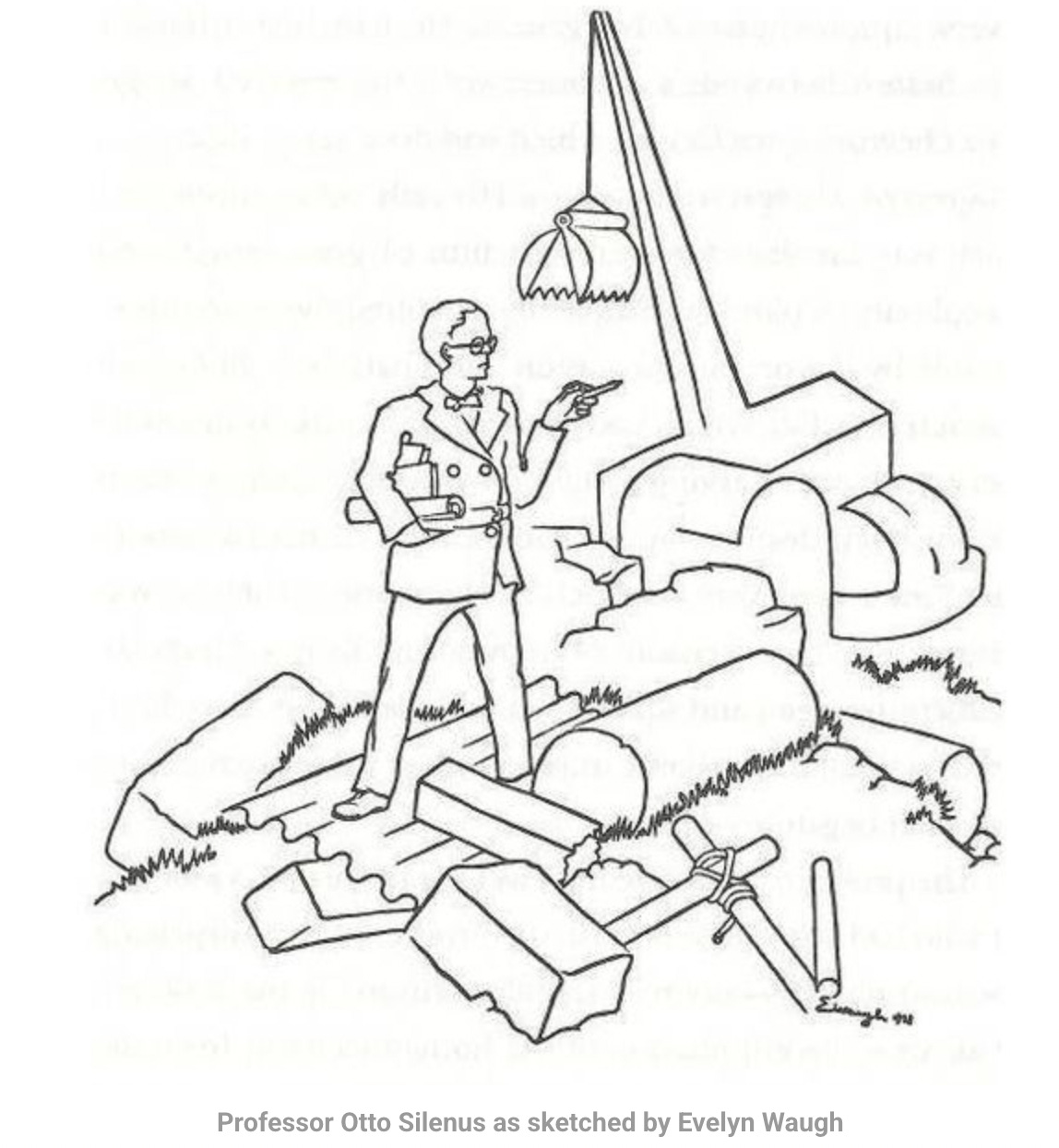The Human World & the Misuse of Science
Understanding the limits of science and why the votaries of scientism are ill-suited to direct human affairs.
In 1687, Isaac Newton published his monumental book, Philosophiæ Naturalis Principia Mathematica, often shortened to Principia, in which he presented the foundation for classical mechanics and universal gravitation. The book dazzled natural philosophers all over Europe and the British American colonies, and was a milestone in the so-called “Scientific Revolution” of observing and analyzing the natural world.
Shortly thereafter, natural philosophers began to contemplate the possibility that Newton’s method for observing and measuring bodies in motion could be applied to the human body, mind, and society.
It didn’t take long for some critical observers—most notably Jonathan Swift—to note that this endeavor could quickly become preposterous and pernicious. In his Gulliver’s Travels, published in 1726, Swift depicted the scientists and astronomers on the Island of Laputa as having completely taken leave of common sense and practical knowledge due to their obsession with abstract theories and their pursuits that are often more harmful than beneficial.
In 1936, the Austrian-Czech philosopher, Edmund Husserl, published The Crisis of European Sciences and Transcendental Phenomenology in which he pointed out that, in our world of “lived experience,” we rarely apply scientific principles.
For example, when someone smiles at you, you don’t see the person’s facial nerves and muscles working together to contort the face— you see an expression of joy or sympathy, tenderness, or desire. Only a moronic weirdo would try to reduce the experience of receiving a smile to the measurement and action of nerves and muscles.
Such was the sort of dummy that Evelyn Waugh satirized in the character of Professor Otto Silenus—a young German architect— in the 1928 novel Decline and Fall. As Professor Silenus describes “the problem of architecture”:
The problem of architecture as I see it,' he told a journalist who had come to report on the progress of his surprising creation of ferro-concrete and aluminium, 'is the problem of all art—the elimination of the human element from the consideration of form. The only perfect building must be the factory, because that is built to house machines, not men. I do not think it is possible for domestic architecture to be beautiful, but I am doing my best. All ill comes from man,' he said gloomily; 'please tell your readers that. Man is never beautiful; he is never happy except when he becomes the channel for the distribution of mechanical forces.'
The result of commissioning guys like Otto Silenus—a thinly veiled caricature of Walter Gropius—to design major buildings is that no one wants to walk around and hang out in cold modernist cityscapes in which the human element has been eliminated. Instead, tens of millions of tourists flock to the old cities of Europe that were built in accordance with the “lived experience” of their inhabitants, and not abstract “scientific” principles.
To understand why, compare the way you feel when sitting on an old piazza in Rome, surrounded by Baroque buildings, to the way you feel sitting in a modern airport.
During the COVID-19 pandemic, when the world was de facto governed by a group of so-called “scientific experts,” I often thought about the idiot scientists on the Island of Laputa and of Professor Otto Silenus.
Generally speaking, I believe that “scientific experts”—with their God of Scientism—should never be given positions of executive authority when it comes to making decisions about complex public policy issues. The scientists should have one seat at the table, along with people who understand the limitations of empirical science in managing human affairs.




I was impressed with a Doctor of Science, Norman W. Walker who wrote ten books on the subject of health and nutrition. I contacted him, after I said a prayer and his book came into my hands...and it led to my getting rid of a rapidly-growing tumor. We corresponded from 1976 to 1985, when he died. He advised me on setting up a holistic center...and told me to keep the price affordable of any books I would write. He was selling his books for well under $10 back in the 1980s. I did not have a book published, until 1995, but when it was finished...I kept the price low, because of Dr. Walker. He acquired a great amount of knowledge in his many years of research...and he used it to benefit others. This is the way it should be! We need to share and enlighten others, when we have information that would be of benefit.
"The scientists should have one seat at the table, along with people who understand the limitations of empirical science in managing human affairs."
Please, someone etch this on the front doors at HHS, FDA, NIH, NIAID, CDC...